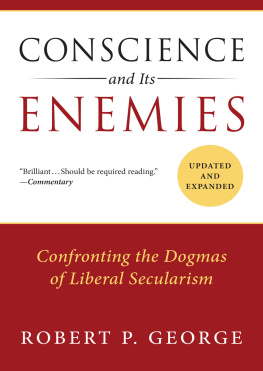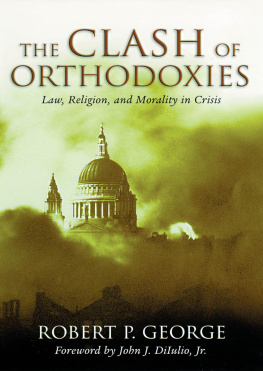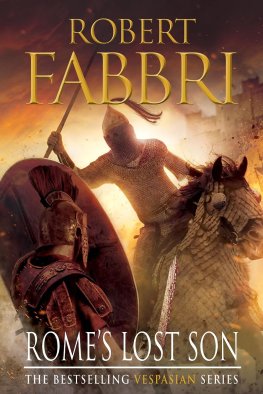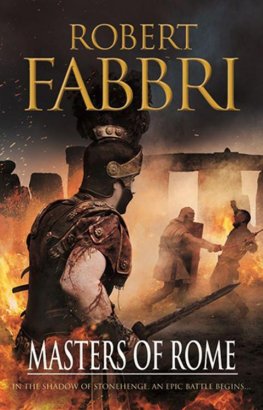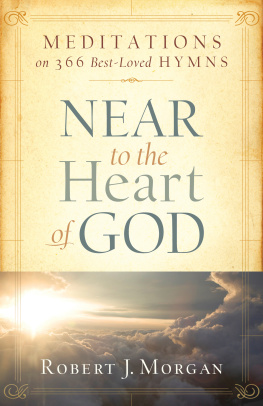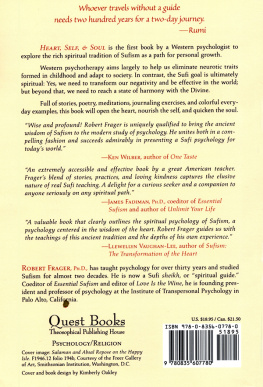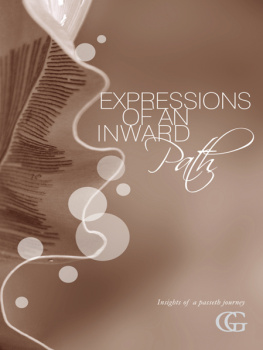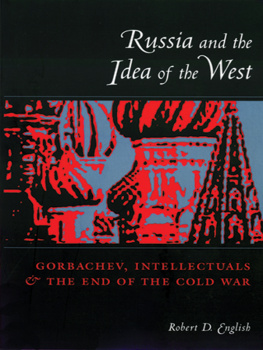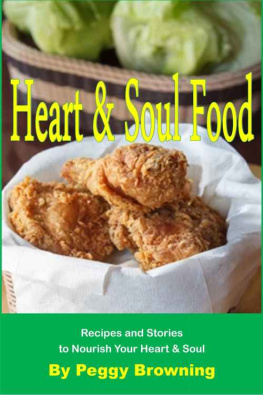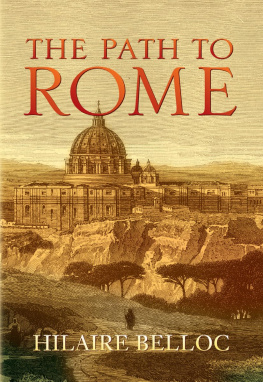Robert P. George - Mind, Heart, and Soul: Intellectuals and the Path to Rome
Here you can read online Robert P. George - Mind, Heart, and Soul: Intellectuals and the Path to Rome full text of the book (entire story) in english for free. Download pdf and epub, get meaning, cover and reviews about this ebook. year: 2018, publisher: TAN Books, genre: Religion. Description of the work, (preface) as well as reviews are available. Best literature library LitArk.com created for fans of good reading and offers a wide selection of genres:
Romance novel
Science fiction
Adventure
Detective
Science
History
Home and family
Prose
Art
Politics
Computer
Non-fiction
Religion
Business
Children
Humor
Choose a favorite category and find really read worthwhile books. Enjoy immersion in the world of imagination, feel the emotions of the characters or learn something new for yourself, make an fascinating discovery.

- Book:Mind, Heart, and Soul: Intellectuals and the Path to Rome
- Author:
- Publisher:TAN Books
- Genre:
- Year:2018
- Rating:4 / 5
- Favourites:Add to favourites
- Your mark:
- 80
- 1
- 2
- 3
- 4
- 5
Mind, Heart, and Soul: Intellectuals and the Path to Rome: summary, description and annotation
We offer to read an annotation, description, summary or preface (depends on what the author of the book "Mind, Heart, and Soul: Intellectuals and the Path to Rome" wrote himself). If you haven't found the necessary information about the book — write in the comments, we will try to find it.
Mind, Heart, and Soul: Intellectuals and the Path to Rome — read online for free the complete book (whole text) full work
Below is the text of the book, divided by pages. System saving the place of the last page read, allows you to conveniently read the book "Mind, Heart, and Soul: Intellectuals and the Path to Rome" online for free, without having to search again every time where you left off. Put a bookmark, and you can go to the page where you finished reading at any time.
Font size:
Interval:
Bookmark:
Intellectuals and the
Path to Rome
Edited by Robert P. George & R. J. Snell
TAN Books
Charlotte, North Carolina
Copyright 2018 R. J. Snell and Robert P. George
All rights reserved. With the exception of short excerpts used in critical review, no part of this work may be reproduced, stored, or transmitted in any form whatsoever without the prior written permission of the publisher.
Excerpts from the English translation of the Catechism of the Catholic Church for use in the United States of America 1994, United States Catholic Conference, Inc. Libreria Editrice Vaticana. Used with permission.
All excerpts from papal homilies, messages, and encyclicals copyright Libreria Editrice Vaticana. All rights reserved.
Cover design by Tarina Weese
Cover Image: The dome of Saint Peters Basilica seen through the famous keyhole at the Villa Malta. Rome, Italy, Southern Europe
Library of Congress Control Number: 2018951683
ISBN: 978-1-5051-1121-7
Published in the United States by
TAN Books
PO Box 410487
Charlotte, NC 28241
www.TANBooks.com
Printed in the United States of America
The Most Reverend James D. Conley
Interviewed by Robert P. George
Sister Prudence Allen, RSM
Interviewed by Emily Sullivan
Ulf and Birgitta Ekman
Interviewed by R. J. Snell
Adrian Vermeule
Interviewed by Christina Deardurff
Father Thomas Joseph White, OP
Interviewed by Hope Kean
Kirsten Powers
Interviewed by Kathryn Jean Lopez
Joshua Charles
Interviewed by Sherif Girgis
Matthew Schmitz
Interviewed by Julia Yost
Julia Yost
Interviewed by Matthew Schmitz
Karin berg
Interviewed by Nathaniel Peters
Hadley Arkes
Interviewed by Cason Cheely
Timothy Fuller
Interviewed by Matthew J. Franck
Lucy Beckett
Interviewed by Erika Kidd
Michael Ward
Interviewed by Helena M. Tomko
Erika Bachiochi
Interviewed by Gabrielle Girgis
Chad C. Pecknold
Interviewed by Matthew J. Franck
Douglas M. Beaumont
Interviewed by R. J. Snell
E very Catholic is a convert.
While useful, the distinction often made between cradle Catholics and converts is not quite true. After all, one is baptized a Catholic, not born as such. However brief the time between birth and baptismperhaps mere days or hoursit is through baptism and not birth that we are freed from sin and reborn as sons of God; we become members of Christ, are incorporated into the Church and made sharers in her mission, in the words of the Catechism. During those hours or days between cradle and font, the cradle Catholic is not yet a new creature; that is, not yet a Catholic.
Every Catholic is a convert, too, in that each suffers from a frail and weak human nature, and baptism does not abolish the inclination to sin. We are invited, thus, as the Catechism states, to the struggle of conversion directed toward holiness and eternal life to which the Lord never ceases to call us. We convert many times, perhaps daily, as we repent, confess, and do penance for our sins, whether raised in the Catholic faith or not.
Nonetheless, many cradle Catholics have a tender fascination for those who have converted later in life, tellingly captured in the winsome phrase welcome home. Home, where one is always welcome simply because one belongs. From the perspective of the adult convert, cradle Catholics enjoy the remarkable good fortune of having always belonged, knowing they were part of the family, even if a sometimes rambunctious and squabbling one. Many converts struggled and resisted and protested on their way home, even as they longed for it, a struggle sometimes foreign to the experience of the cradle Catholic for whom the Church is part of the constant fabric of reality. One doesnt really pay much attention to the furnishings and arrangements of ones home, since its inconspicuous, just the way it is and has always been as long as one can remember. When a guest visits and remarks on the sofa or the end table, for instance, it can serve as an almost startling reminder of what had become so familiar as to be unremarkable.
And converts seem to find it all remarkable, dont they? Theyre eager to learn this practice, to read that textto familiarize themselves with all the furnishings of homeand they often want to share just how remarkable it is with everyone, even (or perhaps especially) with those who already know it well.
For many, although certainly not all, converts entering the Catholic Church as adults, whether from another Christian community, another religion, or no faith at all, the Catholic intellectual tradition was experienced as part of the struggle to come home. Some turned to the Patristics for guidance, others to the Scholastics, yet others to the mystical or spiritual authors. For some, no one period or figure stands out as much as the entire symphony of truth found in the Catholic traditions of music, poetry, art, theology, literature, and moral philosophy.
Often, other converts smooth the way, offering companionship on the sometimes-difficult path to Rome. Intellectuals whove converted help other intellectuals find their way home. This was certainly true of the figures comprising what some term the Catholic Renaissance of the mid-nineteenth to mid-twentieth century. During that time, a great crowd of highly influential English-speaking intellectuals converted to Catholicism, including John Henry Newman, G. K. Chesterton, Christopher Dawson, Orestes Brownson, Ronald Knox, Graham Greene, Evelyn Waugh, Thomas Merton, Dorothy Day, Robert Hugh Benson, and many others. To these English-speaking figures, one could add Edith Stein, the Maritains, Paul Claudel, Lon Bloy, Charles Pguy, Gabriel Marcel, and Dietrich von Hildebrand. Of them all, one could say, citing Patrick Allitt, that when the church began to reassert herself in the nineteenth century, it used converts as its principal advocates. Many of their contemporaries regarded the ideas of a Catholic intellectual as a contradiction in terms, believing that the repressive Roman church prohibited freedom of thought. The converts were eager to prove otherwise; their work in history, science, literature, and philosophy was designed to substantiate their belief that Catholicism was intellectually liberating rather than restrictive, despite the churchs dogmatic style and hierarchical structure.
The great wave of the Catholic Renaissance helped fuel the apologists of the last several decades, including Thomas Howard, Peter Kreeft, Karl Keating, Dwight Longenecker, and Scott Hahn, to name a few, each a convert playing a well-known role in the conversion of others. And from them there have been in just the past few years a flurry of books from a third wave of younger intellectuals writing on their conversions. Each wave enriches the witness of the Church, and such conversion stories provide encouragement and signs of hope. All too frequently were told that science makes faith irrelevant, and then we learn of an astrophysicist or a philosopher converting. We hear of the rise of the nones, young people without any religious commitment, but then we read of a young journalist or accomplished novelist who finds in the Church a source of stability, truth, and wisdom. Were informed the Church must update its moral teachings to stay relevant, but then discover that a good many converts enter the Church precisely because her moral theology offers sanity, humanity, and a path to human flourishing.
In this text, a cradle Catholic (Robert P. George) and an adult convert (R. J. Snell), offer the stories of sixteen converts, each a public intellectual or leading voice in their respective fields, and each making a significant contribution to the life of the Church. To do so, weve asked an array of other intellectuals, many who are themselves converts, to conduct interviews to learn more about the journey to Rome.
Font size:
Interval:
Bookmark:
Similar books «Mind, Heart, and Soul: Intellectuals and the Path to Rome»
Look at similar books to Mind, Heart, and Soul: Intellectuals and the Path to Rome. We have selected literature similar in name and meaning in the hope of providing readers with more options to find new, interesting, not yet read works.
Discussion, reviews of the book Mind, Heart, and Soul: Intellectuals and the Path to Rome and just readers' own opinions. Leave your comments, write what you think about the work, its meaning or the main characters. Specify what exactly you liked and what you didn't like, and why you think so.

